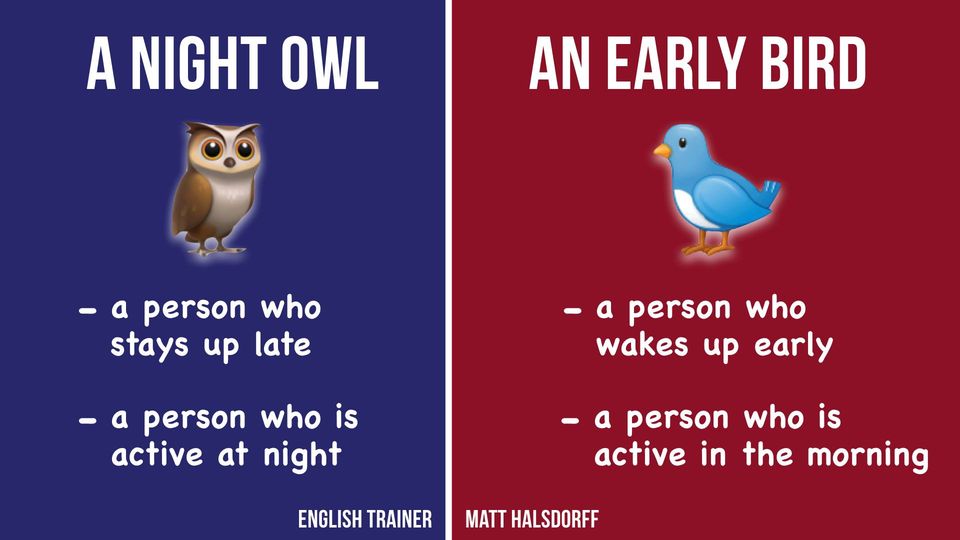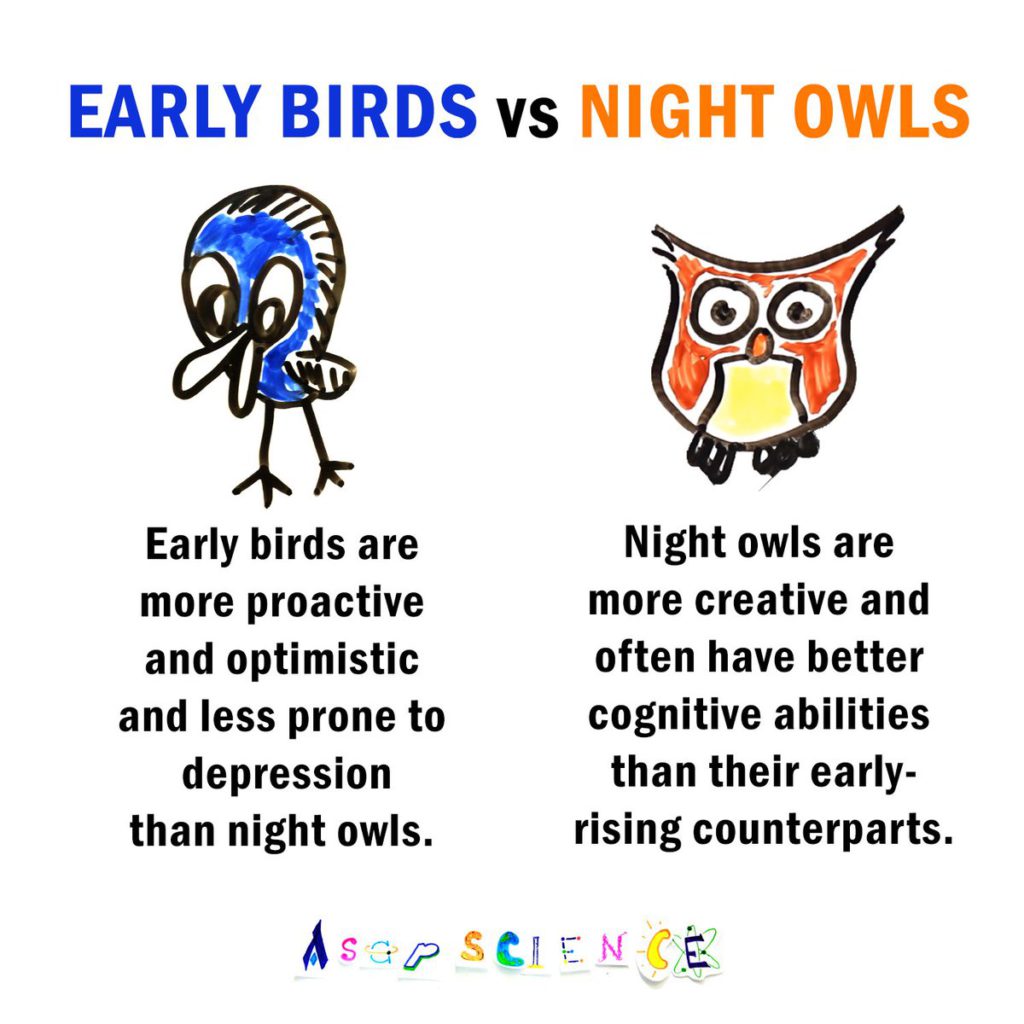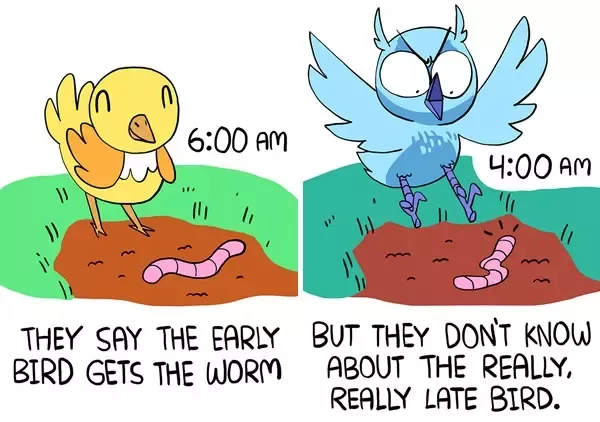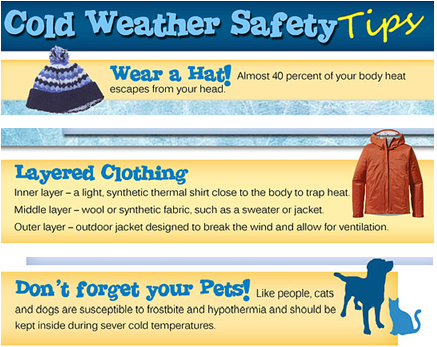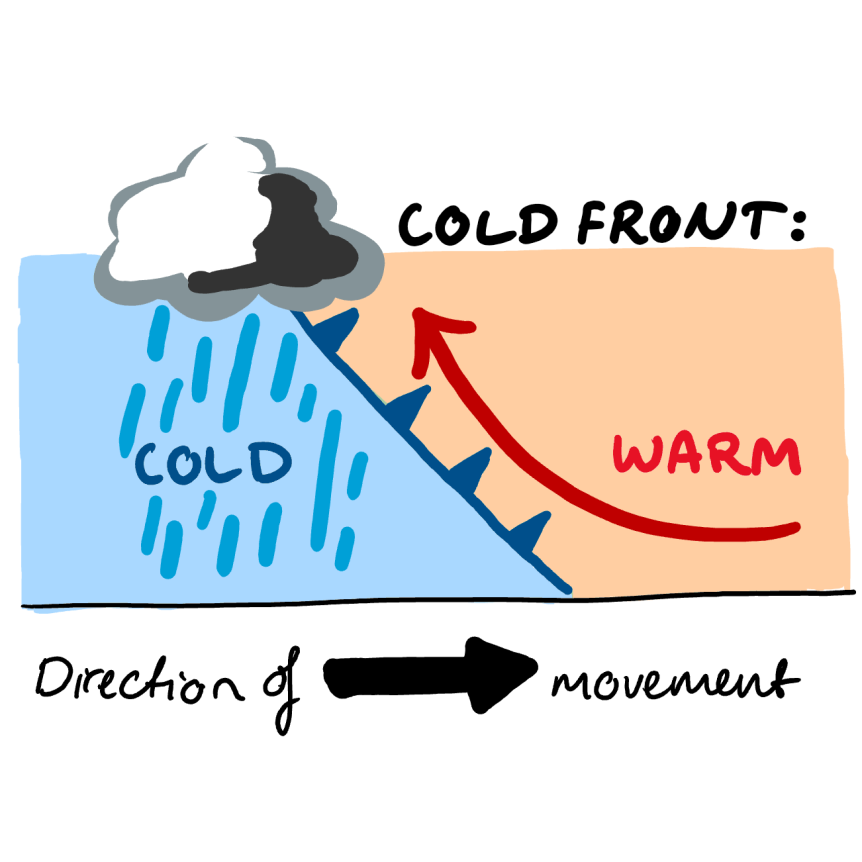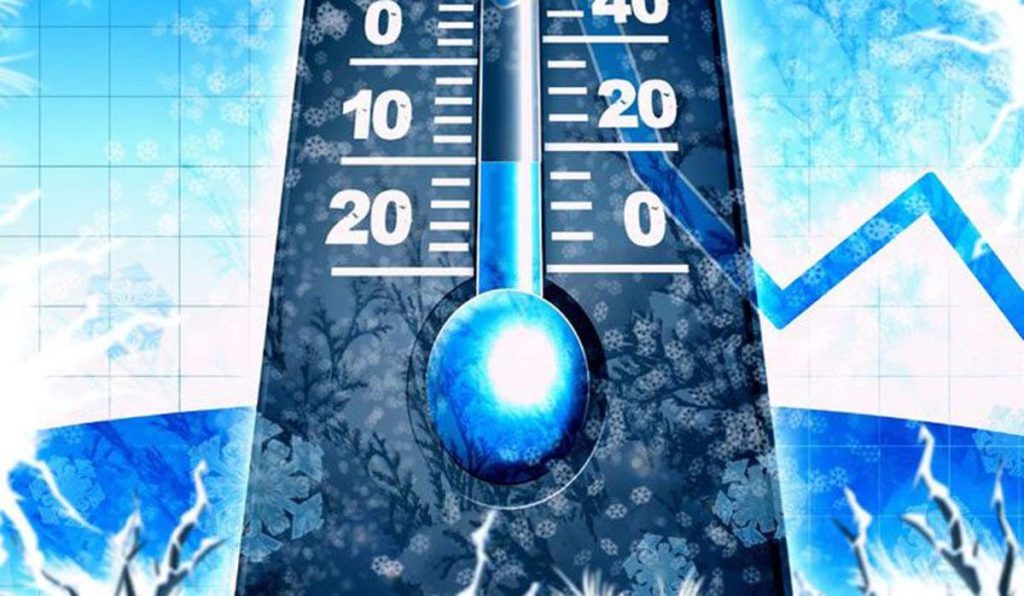
The COVID-19 pandemic has dramatically disrupted every layer of the education sector, from early childhood through higher education.
In March of 2020, almost everyone thought schools shutting down would be a temporary situation and that students would be back in class like normal in no time. Last-minute plans were made with a rush to figure out virtual teaching and learning during the COVID-19 pandemic. Roughly half a year later, normal is nothing close to where we are.

Now, many people still don’t feel safe going back face-to-face, i.e., in-person yet. Government, schools, and universities are planning for a beginning like no other we have seen in the past. Although they are left uncertain on how to proceed, they are coming out with different plans which can be:
- fully virtual;
- hybrid, blended model or schedule;
- in-person teaching with remote students;
- teaching online and in-person simultaneously.
The threat of potential exposure to COVID-19 is scary. Some fear is acceptable because it makes you vigilant about taking precautions, but too much of it can do more harm than good.
I know there is some stress and worry for those who are teachers or parents who have a child that is going back to school in-person, whether full time, every other day or every other week. They all worry about the kids’ adjustment to new methods to prevent the further spread of the coronavirus.
So, to talk about that, possible combinations are:
- in-person, face-to-face, in-class, classroom, classroom-based, traditional, presential, on-campus / online, remote COURSE
- in-person, face-to-face, traditional / online, remote, and remote live CLASSES
- in-person, traditional/virtual, remote, online CLASSROOM
- in-person / online, virtual school
- online, distance EDUCATION
- in-person, face to face, classroom-based, *traditional / virtual, online, remote, distance / blended *LEARNING/TEACHING
- in-person/ remote, virtual STUDENT
- hybrid, blended MODEL or SCHEDULE (under)
- remote, online, and hybrid INSTRUCTION
- being taught remotely, online or in a hybrid remote/online FORMAT

Right now, there are still a lot of questions about how resuming this school year will look. Many fine details need to be worked on, like markings on the hallways, walls, and desks as reminders of the safety measures, or the rules everyone will have to follow.
One of the only places masks will be able to come off inside of the buildings is in the cafeterias when students eat.

With all the rules, you might expect students to have a hard time, but some say that they are willing to follow the rules because they want to be back. They miss their teachers, the environment, the staff, the cafeteria, and all that interaction.
I believe government, institutions, teachers, and parents should all do what it takes to keep kids safe and get them the education they need.
View lessons on Remote classes, Computer problems and A ‘dead’ battery?, if you need.

